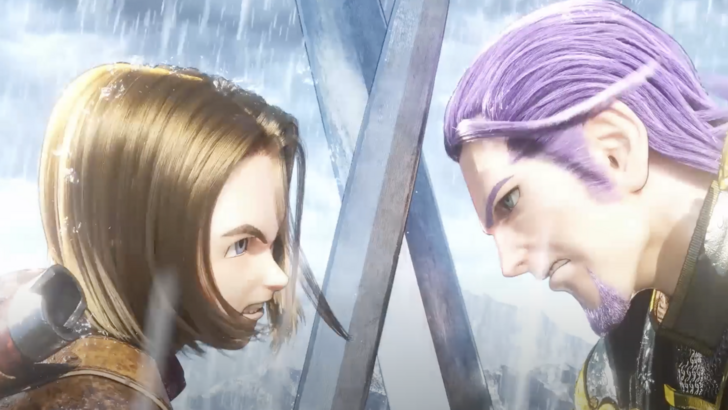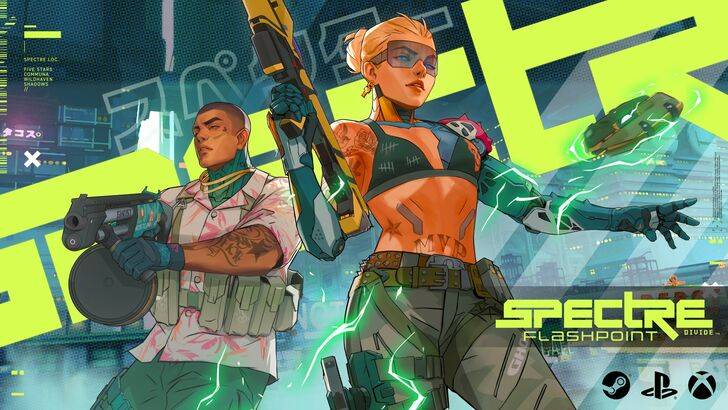
Veteran RPG developers Yuji Horii (Dragon Quest) and Katsura Hashino (Metaphor: ReFantazio) recently discussed the evolving role of silent protagonists in modern RPGs, a topic highlighted in the "Metaphor: ReFantazio Atlas Brand 35th Anniversary Edition" booklet. Their conversation explored the challenges of maintaining this classic trope in an era of increasingly realistic game graphics.
Horii, creator of the iconic Dragon Quest series, explained the traditional rationale behind silent protagonists: they act as a blank slate, allowing players to fully immerse themselves and project their own feelings onto the character. This approach worked well with the simpler graphics of earlier games, where limited animations didn't detract from the player's imagination. However, Horii humorously noted that a silent protagonist in a game with highly realistic visuals might appear simply "like an idiot."
He highlighted the inherent storytelling of Dragon Quest, built primarily on dialogue with NPCs rather than extensive narration. This reliance on player interaction, effective in the NES era, presents a growing challenge as visuals become more sophisticated. The lack of expressive animation in older games allowed players to easily fill in the emotional gaps left by a silent character; this is no longer as straightforward with modern game technology. Horii concludes that maintaining this design choice in future installments will be increasingly complex.
Hashino, whose upcoming title Metaphor: ReFantazio features a fully voiced protagonist, contrasted this with Horii's approach. He praised Dragon Quest's consistent focus on the player's emotional experience, even in seemingly minor interactions. Hashino observed that Dragon Quest thoughtfully considers the player's emotional response to every dialogue exchange, a testament to its player-centric design. This discussion highlights the evolving considerations in RPG design, as advancements in technology necessitate a re-evaluation of classic game mechanics.









